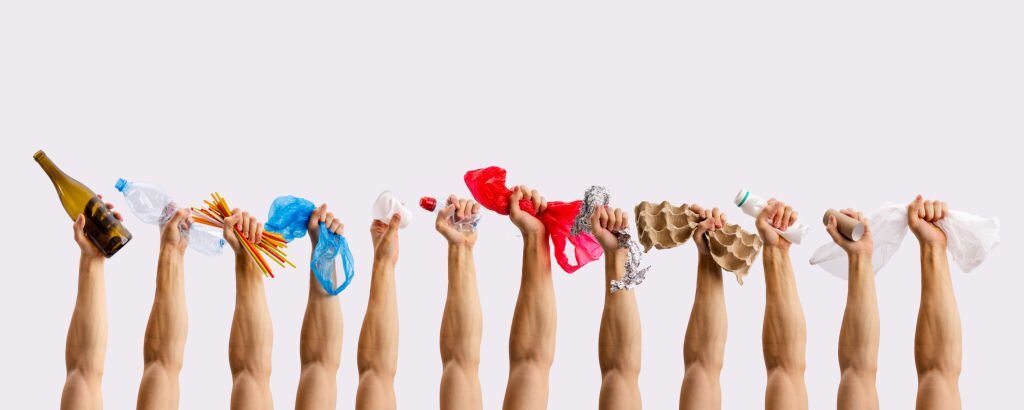
What kind of recycling campaigns could be implemented during 2020 World cup?
Campaigns enable you to concentrate on the actions and steps needed to attain a certain objective within a specific time range. Recycling helps to maintain precious natural resources; the more we recycle, the less we have to disrupt and harm the natural world, particularly habitats.
Coca-Cola Enterprises (CCE) will deploy interactive recycling bins to Coca-Cola fan zones at World Cup stadiums to help raise recycling levels during the Rugby World Cup. The campaign promotes Coca-Happiness Cola’s Pod’s appearance in Rugby World Cup 2015 fan zones or on-site at Twickenham Stadium. With four grin-activated vending machines reflecting Coca-four Cola’s master-brands, customers will be able to stand in front of their favorite Coca-Cola brand and “unlock” it with a smile to receive a Coca-Cola sample.
The well-known Batak challenge, which was formerly a part of CCE’s Happiness Recycled campaign, will then be made available to visitors to the Happiness Pod. Players will earn a turn by correctly answering a recycling-related quiz question before attempting the 60-second challenge, which requires them to fit as many bottles or cans as possible through lit holes. Participants will get a gift relating to recycling as a thank you for their participation, encouraging them to continue recycling at home.
FIFA has launched a campaign encouraging ticket applicants to offset the carbon emissions resulting from their journey to the tournament for free, with the goal of lowering the impact of the FIFA 2018 World Cup Russia and promoting awareness of climate change. When a ticket holder for the FIFA World Cup Russia signs up for the campaign, FIFA will offset 2.9 tonnes of carbon dioxide equivalents, which is the average emission per ticket holder travelling from outside Russia.
After separate bins for recycling and general waste were introduced for the first time in Brazil, the tournament saw 39 percent more waste recycled than FIFA’s target of 320 tonnes– but the event still generated 776 tonnes of recyclable and 1,595 tonnes of non-recyclable waste, with no less expected in Russia this summer.
The opportunity to transform the poster into a tool that could be used in combination with an environmental education campaign to promote awareness and change behavior arose with the 2010 FIFA World Cup. A specific anti-littering and waste recycling campaign will be introduced in 2010. Before and during the World Cup, the programme primarily addressed locals and visitors, with the goal of preventing littering and encouraging recycling in event zones.
Fifa has secured efficient and long-term World Cup waste management by prohibiting non-recyclable tableware, cutlery, packaging, and plastic bags from stadiums, providing hand dryers instead of paper towels in event restrooms, and using virtual rather than paper-based communications. By providing all employees with a waste training program and informing spectators about what kinds of waste may be recycled, FIFA has also pledged to alter the behavior of both stadium patrons and staff. However, there are no single-use item bans or the use of recycled materials in the strategy.
Japanese supporters have set a positive example for their peers from other nations by cleaning up after their games and their good deeds have prompted Senegalese and Polish fans to follow suit. It will be particularly interesting to watch if the world’s largest single-sport event meets up to its lofty environmental sustainability aspirations.
People are more likely to utilize recyclable glass, cans, and plastic bottles when they consume food and drinks at home due to the warmer weather and major sporting events such as the World Cup and Wimbledon. The majority of Barnsley residents are proficient recyclers who use their brown bin on a regular basis. To boost the amount of glass, metal, and plastic recycled, the city encourages everyone to sort empty containers, especially during and after sporting events. If you like this article you may also like; Smartphones Contain Recyclable Materials

